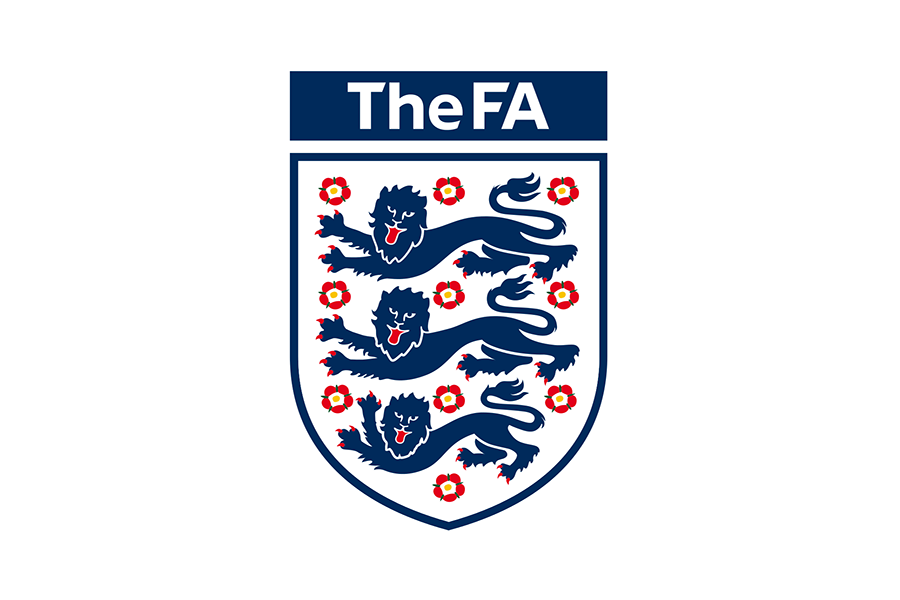Tracy Lewis
Job title Head of Physiotherapy
Employer The Football Association

Interested in working with some of the top athletes and have a passion for a career in physiotherapy?
Tracy currently works for The Football Association as Head of Physiotherapy, providing treatment and advice for athletes with sports injuries. Tracy spoke to us about her role as Head Physiotherapist, her challenges faced and the qualifications needed.
“I love working with elite athletes”
You’re Head of Physiotherapy for the women’s game at the Football Association. What does the role of a physiotherapist involve?
Physiotherapists treat athletes with sports injuries. They identify the injury and then devise a programme to improve the movement and function of the injured area. They also provide advice on how to avoid injury.
Football matches don’t happen every day, so what does a typical working week involve?
My work is with the injured footballers and I arrange physiotherapy for these players. I liaise with the clubs about the player’s injuries and travel around the UK as and when required to assess these players. As well as this I also design rehabilitation programmes for players as and when required. I teach the medical content on FA coaching courses. Travelling with a squad involves daily assessment and treatment for all players around the training schedule. During an international match I provide pitch-side medical assessment.
What do you love about your job as a physiotherapist?
I love working with elite athletes who are focused and motivated. Travelling with squads for camps and competition is also great fun, as is working with a great team of players and staff who are dedicated and supportive.
“Volunteer with a sports organisation/team to gain experience. Experience a day in the life of a sports physiotherapist by shadowing a physiotherapist for a day”
What are the main challenges in your role as a physiotherapist?
Physiotherapists have long hours and sometimes unsocial hours when travelling. You also spend a lot of time away from friends and family, which means missing family occasions (birthdays, anniversaries etc due to international fixture list).
What qualifications do physiotherapists require?
Universities usually look for A Levels Grade B/C. One A Level should be in biological science. Students should also hold a minimum of five GCSEs at grade C and above and include Maths, English Language and Sciences.
What qualifications do physiotherapists need?
Complete your hospital/clinic rotations as a junior physiotherapist to gain all round experience before specialising. Also, volunteer with a sports organisation/team to gain experience. Experience a day in the life of a sports physiotherapist by shadowing a physiotherapist for a day.
Salary of a sports physiotherapist?
This will depend on where and who you work for and your level of experience. Salaries can range from £30,000 upwards.
Being a physiotherapist is a demanding job, but highly rewarding. Check out some of the other jobs available in the sports science sector as well as our interview with Head Physiotherapist Andy Barker.

